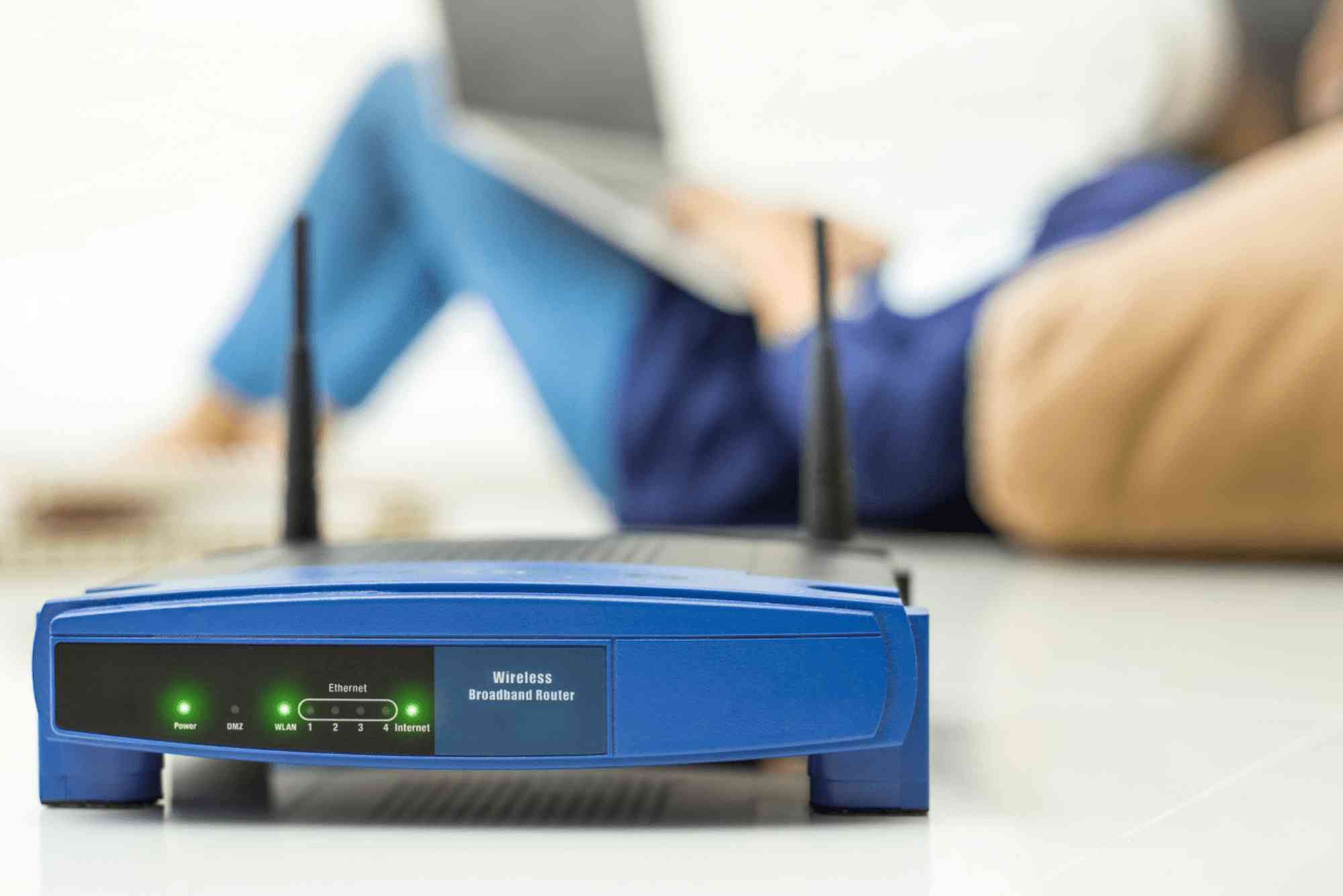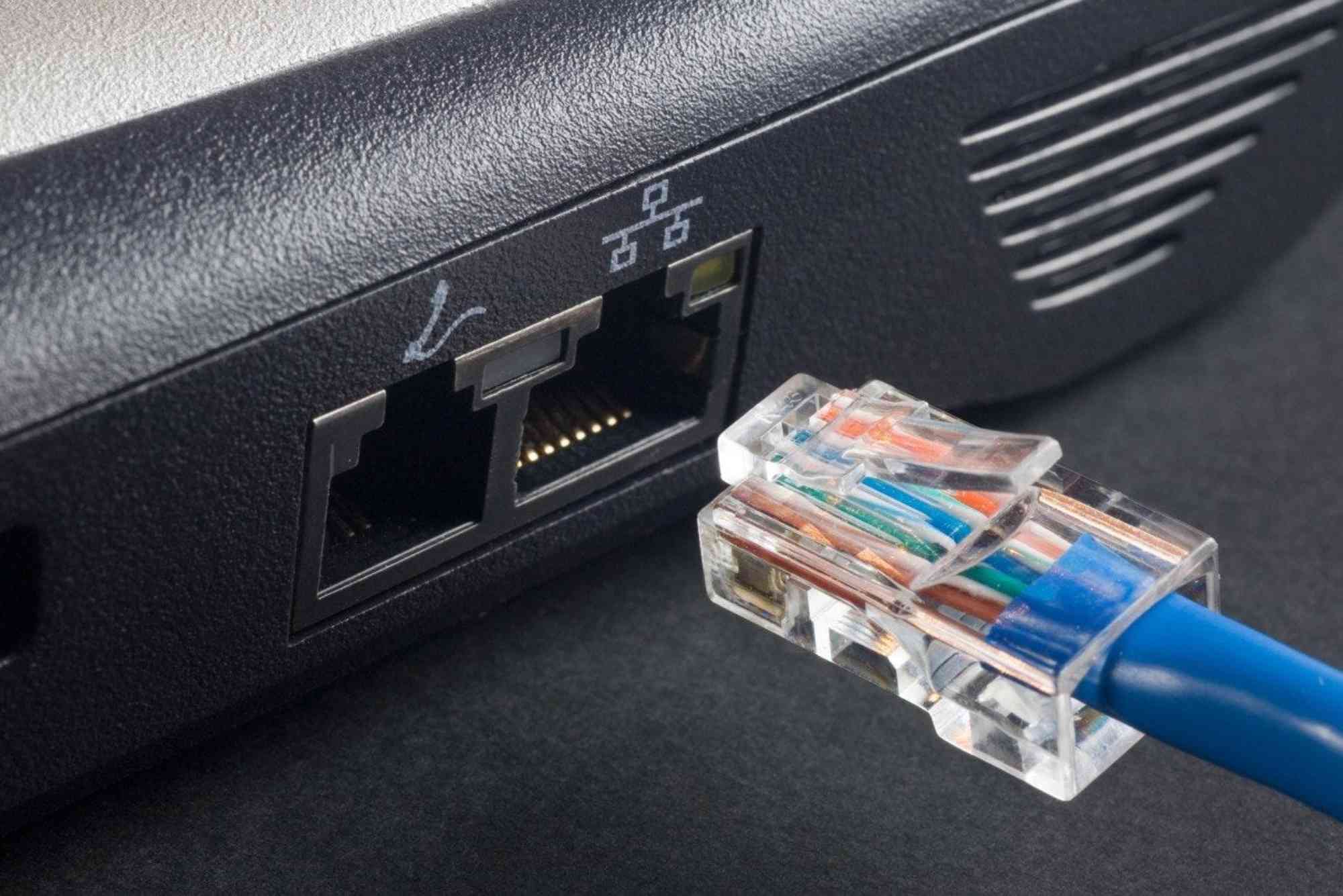Mesh Wi-Fi vs Single Router: Which Is Better?
Staying connected has become essential for work, entertainment, and communication. A reliable internet connection depends heavily on the device managing your Wi-Fi. Two popular options are mesh Wi-Fi systems and a single router. Choosing the right one can improve speed, coverage, and overall performance. In this guide, we’ll compare mesh Wi-Fi vs single router, explore their pros and cons, and help you decide which is better for your needs.
Understanding Wi-Fi Networking Options
Before diving into the comparison, it’s important to understand what each option means.
What Is a Single Router?
A single router is the traditional device most households use. It connects to your modem and distributes internet wirelessly. It works well for smaller homes or apartments, but coverage may weaken with distance or walls.
What Is Mesh Wi-Fi?
Mesh Wi-Fi uses multiple nodes, or satellites, to spread internet evenly throughout your home or office. Instead of relying on one router, each node communicates with the others, creating a seamless network with fewer dead zones.
Mesh Wi-Fi vs Single Router: Key Differences
Coverage Area
- Single Router: Best for small to medium homes with fewer obstacles. Coverage decreases with distance.
- Mesh Wi-Fi: Ideal for larger homes or multi-story buildings, as nodes extend the range without losing signal strength.
Ease of Setup
- Single Router: Simple plug-and-play setup. Most routers are configured within minutes.
- Mesh Wi-Fi: Slightly longer setup since you install multiple nodes, but modern apps make the process user-friendly.
Performance & Speed
- Single Router: Can deliver strong speeds when close to the router but struggles in distant rooms.
- Mesh Wi-Fi: Provides consistent speed across the home, though performance may slightly drop if nodes are poorly placed.
Scalability
- Single Router: Limited to its range. To expand coverage, you often need extenders, which may cause speed loss.
- Mesh Wi-Fi: Easily scalable. You can add more nodes to improve coverage without significant performance issues.
Cost
- Single Router: More budget-friendly, suitable for small households with basic needs.
- Mesh Wi-Fi: More expensive due to multiple nodes, but worthwhile for larger spaces or high-demand users.
Advantages of Mesh Wi-Fi
Eliminates Dead Zones
Mesh systems are designed to provide consistent coverage in every corner of your home, including basements and attics.
Seamless Roaming
As you move around, your devices automatically switch to the nearest node without dropping the connection.
Easy Management
Most mesh systems offer mobile apps with features like parental controls, guest networks, and device prioritization.
Advantages of Single Router
Affordable
A single router is cheaper than a mesh system, making it a good choice for users on a budget.
Simple Setup
For apartments or small homes, setting up a single router is fast and straightforward.
Reliable for Small Spaces
If your space doesn’t have multiple walls or floors, a single router can deliver stable performance.
When to Choose Mesh Wi-Fi
- You live in a large or multi-story home.
- You often experience dead zones in certain rooms.
- Multiple family members use high-speed internet at the same time.
- You want modern features like app-based management and smart device integration.
When to Choose a Single Router
- You live in a small home or apartment.
- Your budget is limited.
- You don’t need advanced features.
- Your internet usage is basic, such as browsing, streaming, and emails.
Mesh Wi-Fi vs Single Router: Which Is Better for Gaming?
For gaming, low latency and strong signals are crucial.
- Single Router: Works fine if you’re close to the router.
- Mesh Wi-Fi: Better for gaming across multiple rooms, ensuring consistent ping and minimal lag.
Mesh Wi-Fi vs Single Router: Which Is Better for Offices?
In an office setting with many users:
- Single Router: May struggle with high traffic and multiple devices.
- Mesh Wi-Fi: Provides stable connectivity across large office floors, making it the superior choice.
Real-Life Example
Many users in Pakistan rely on services like Dhanote Internet Services for reliable connectivity. With high-speed internet, pairing it with the right hardware—either mesh Wi-Fi or a single router—can maximize performance. Choosing wisely ensures you get the most from your internet provider.
FAQs
Is mesh Wi-Fi better than a single router?
Mesh Wi-Fi is better for large spaces or homes with multiple floors. A single router works well for small areas.
Do I need mesh Wi-Fi if I live in an apartment?
Not always. A single router usually provides enough coverage for an apartment.
Does mesh Wi-Fi increase internet speed?
It doesn’t increase your ISP speed but ensures consistent performance throughout your home.
Can I use mesh Wi-Fi with any internet provider?
Yes, most mesh systems work with any ISP, including local providers.
Is mesh Wi-Fi worth the cost?
Yes, if you face dead zones or connectivity issues in a large space.
The debate between mesh Wi-Fi vs single router comes down to your needs. For small homes or apartments, a single router is budget-friendly and effective. For larger spaces, mesh Wi-Fi ensures seamless coverage and reliability.
If you want to maximize your connection, pair the right networking system with a trusted provider like Dhanote Internet Services. Investing in the right solution will transform your browsing, streaming, and gaming experience.







